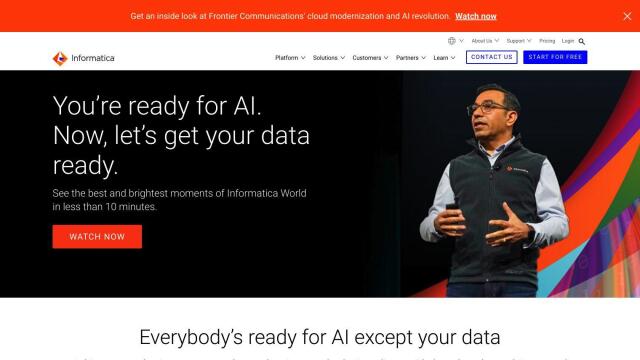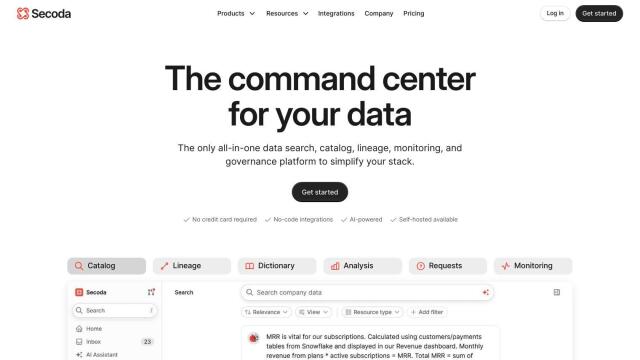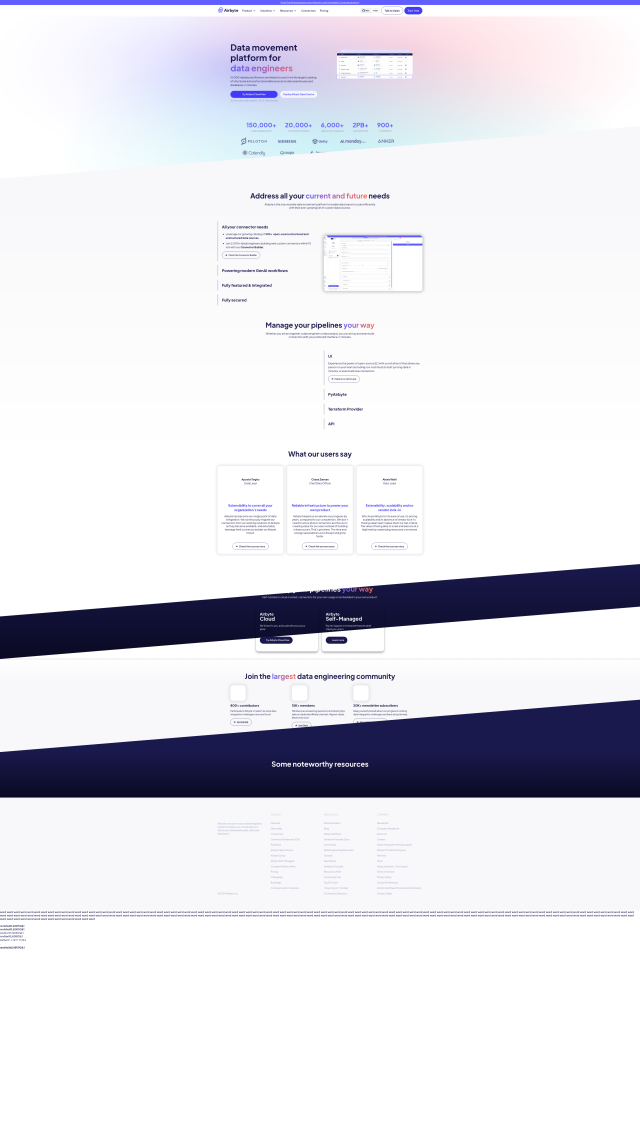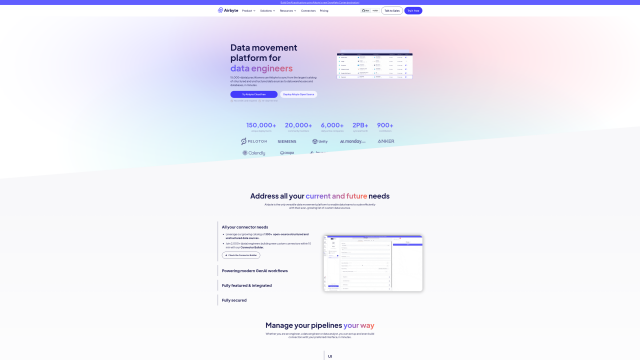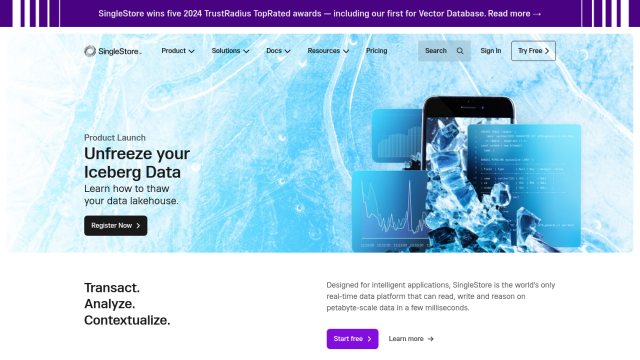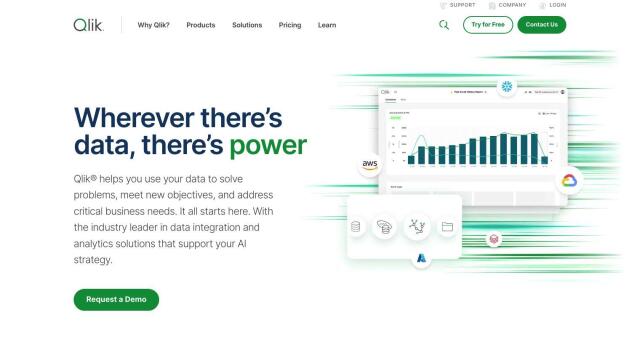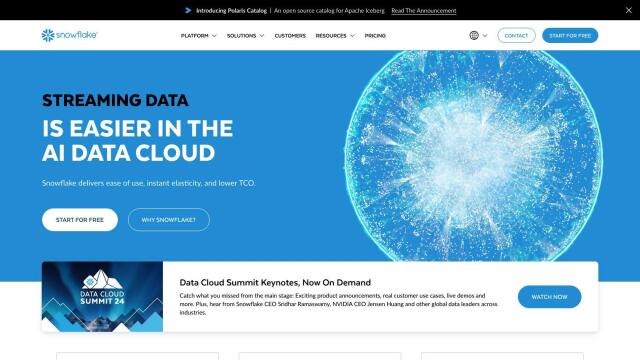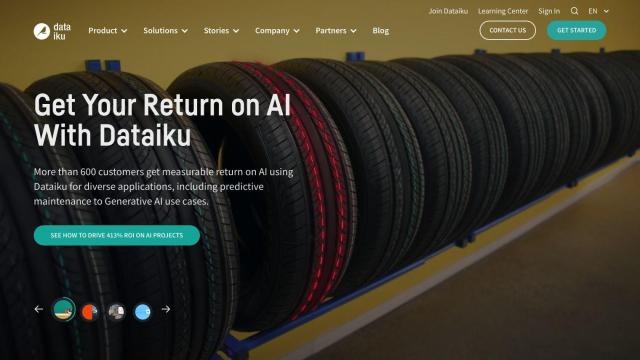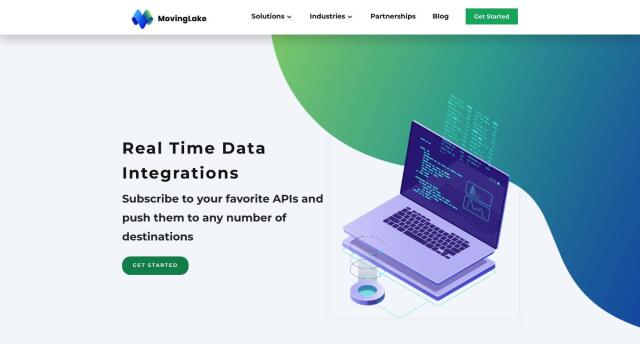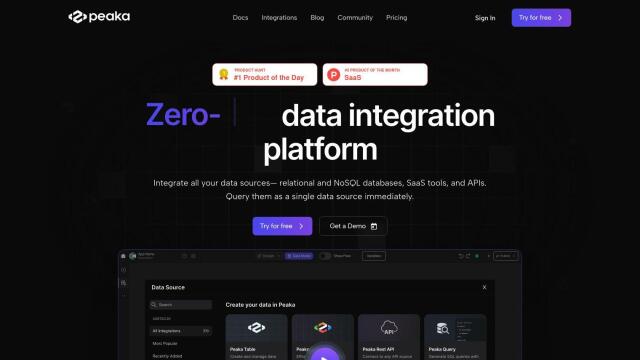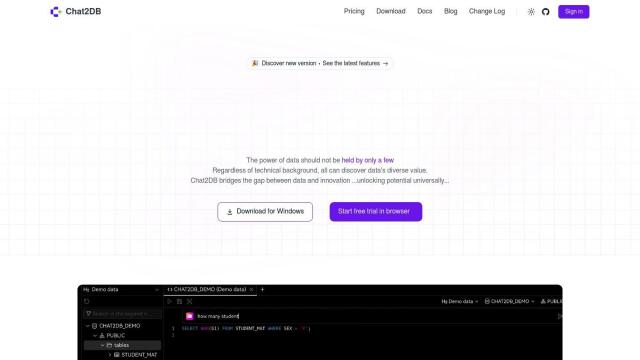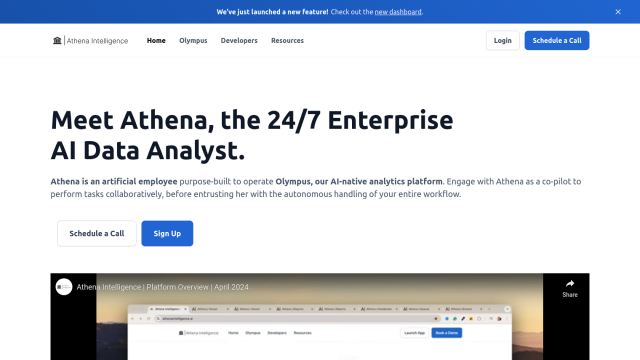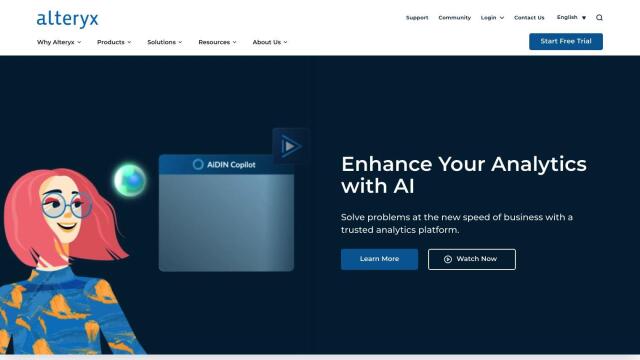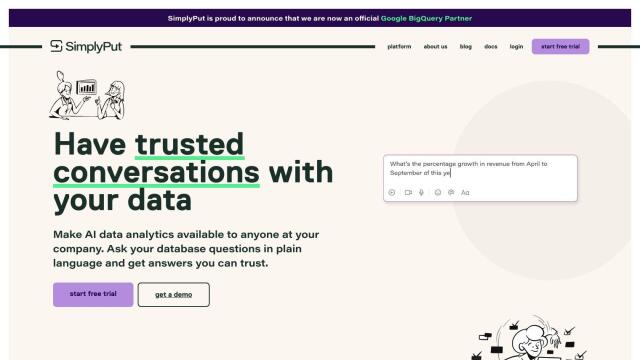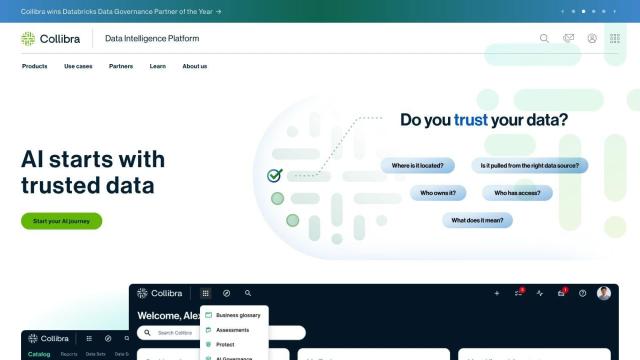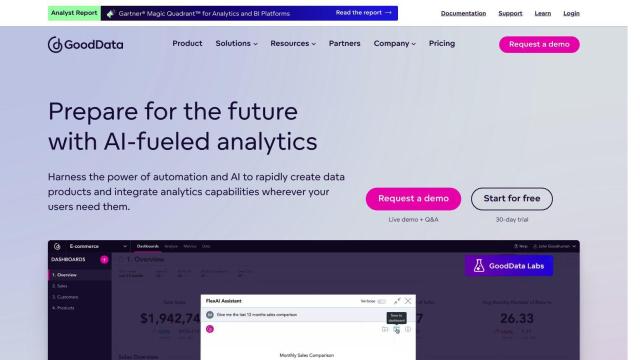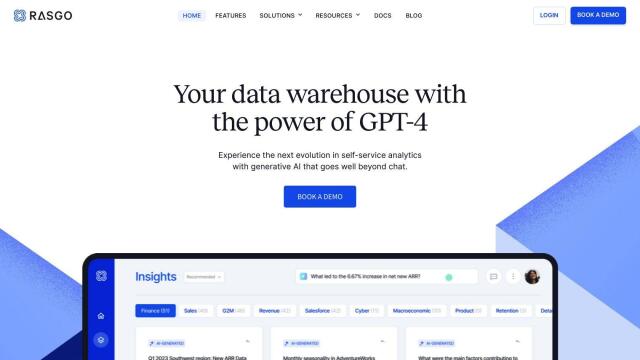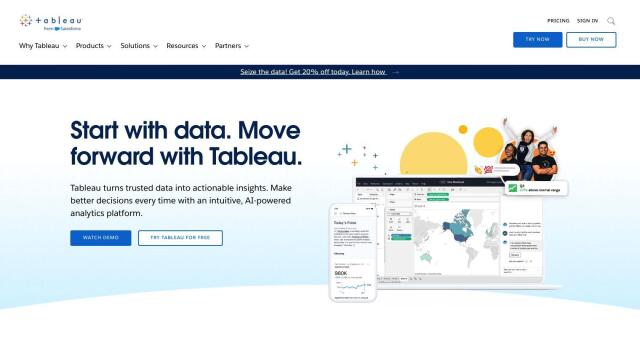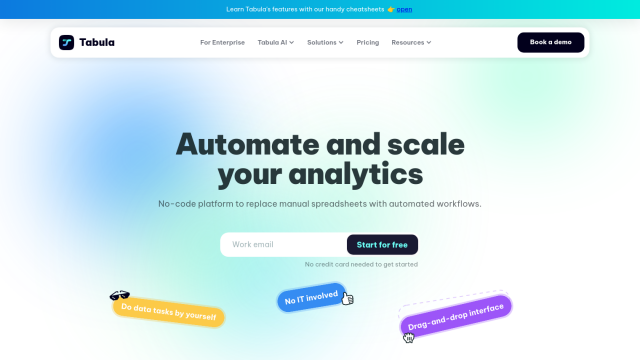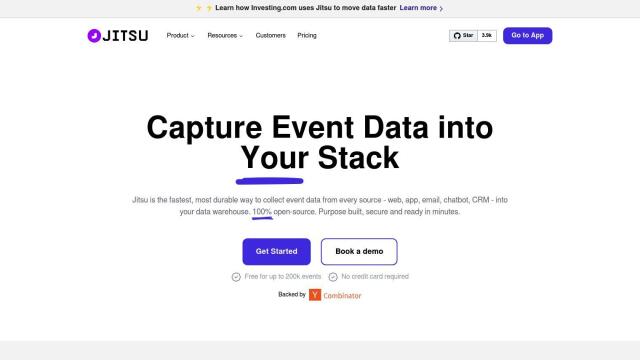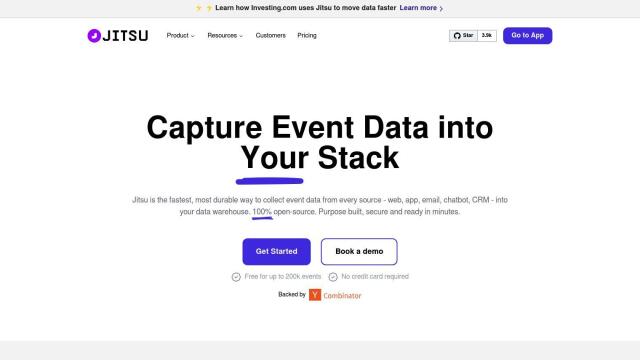Question: I need a unified data management system that combines the benefits of data lakes and data warehouses, do you know of any solutions that fit this description?

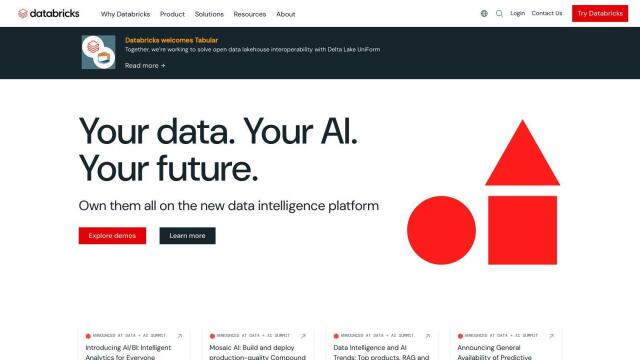
Databricks
For a unified data management system that offers the best of both data lakes and data warehouses, take a look at Databricks. This data engineering platform now has generative AI built in to span data engineering, analytics and governance in one environment. It supports a broad set of tools and integrations, including ETL, data ingestion, business intelligence and AI, all on a lakehouse foundation. That means you get the benefits of both scalability and unification, and it's a good choice for those who want a single system for data management.

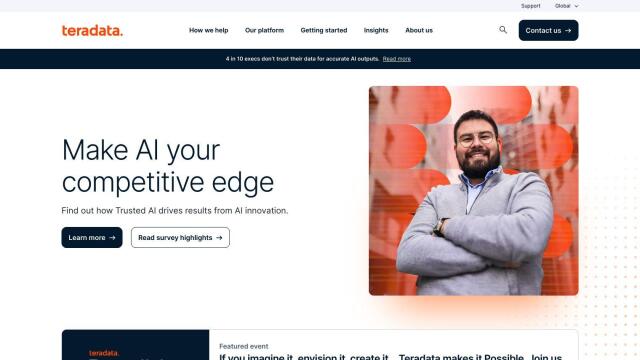
Teradata
Another good choice is Teradata. The Teradata VantageCloud platform offers a single, integrated and harmonized data foundation for an organization, supporting a variety of workloads like lakehouses, data lakes, data warehouses and AI/ML. It can be deployed in public cloud, hybrid cloud or on-premises environments, so it's flexible and scalable. With features like ClearScape Analytics and pay-by-use pricing, Teradata can help accelerate innovation and deliver data-driven insights.

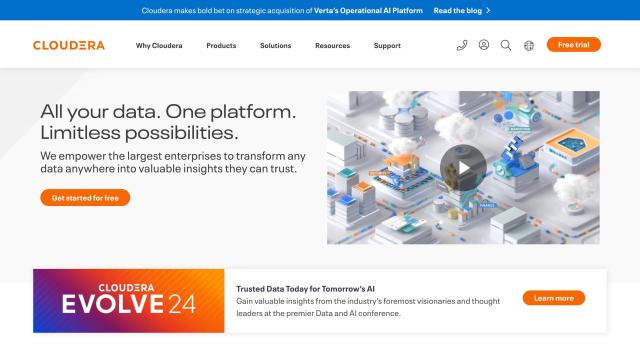
Cloudera
Cloudera has a strong option, too, with its hybrid data platform. Based on the open-source Apache Iceberg project, Cloudera integrates data from multiple sources into a single, trusted system for real-time insights, automated data pipelines and big analytics. It's good for secure data ingestion, processing and analysis in the cloud and on-premises, and it's a good choice for businesses that want to span data silos and get more out of their operations.

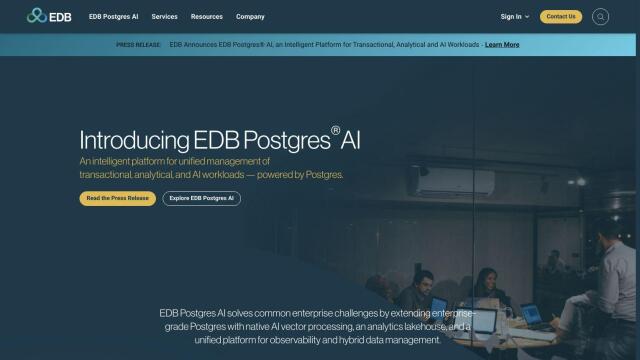
EDB Postgres AI
If you're already committed to the Postgres database engine, EDB Postgres AI offers a single system for transactional, analytical and AI workloads. It includes native AI vector processing, an analytics lakehouse and hybrid data management, so it's a good foundation for Postgres-based workloads that incorporate AI and analytics. EDB Postgres AI is available with high availability and performance, and it can be deployed in a variety of ways, including cloud-managed services and self-managed software.

